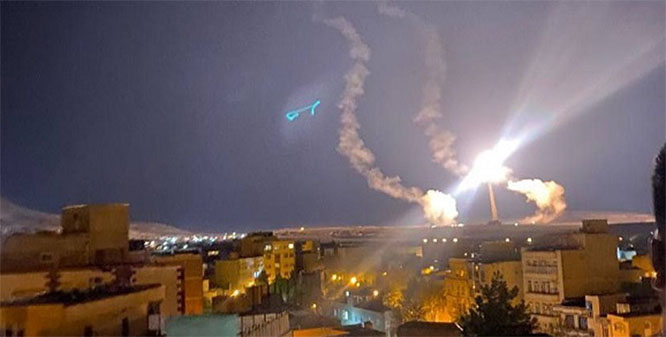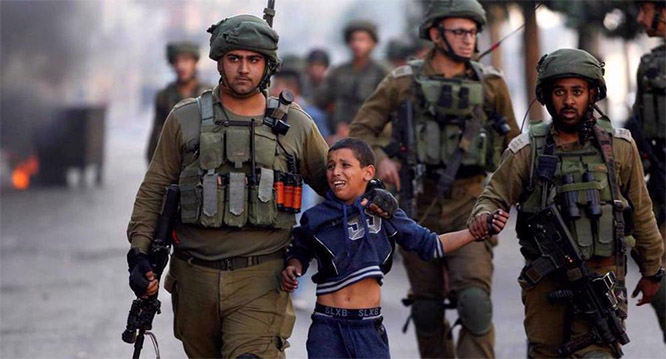Riyadh, Oct 2: Minister of Labor and Social Development Mufrej Al-Haqabani confirmed that developing a common system to extend insurance protection for Gulf citizens working in any of the GCC’s countries will encourage the mobility of labor forces between these countries, and realize economic and social stability in accordance with the strategies of the Gulf Cooperation Council countries.

Minister Al-Haqabani was speaking on Tuesday during the inauguration of the sixteenth meeting of the heads of GCC civil retirement and social insurance departments at the Four Seasons Hotel in Riyadh. He said that tuning and adjusting the insurance protection among Gulf countries represents a fundamental pillar in the Gulf joint action in order to encourage the labor force in the region to move with ease and freedom to work in any of the Gulf states with obtaining the adequate protection either in his home country or any of the other countries of the Gulf region.
The minister added: “The interdependent systems of insurance face some problems, but it’s important to develop the working mechanisms of these systems, benefit from international experiences, and develop mechanisms of improvement and follow-up. There are numerous ways we can utilize to improve the financial capacity of social insurance agencies and institutions in the region.”
He emphasized the importance of devising innovative solutions that should contribute to boosting insurance benefits, and realizing a financial balance. He hoped this meeting will come up with new ideas and visions to enhance loyalty to the private sector, and promote ways to help Gulf workers have access to labor markets in the region.
The governor of the General Organization for Social Insurance (GOSI), Suleiman bin Abdul Rahman Gwaiz, said the 16th meeting of GCC civil retirement and social insurance departments comes within the joint cooperation between civil and social security retirement institutions in GCC states to provide insurance protection to the nationals of the Gulf region.
He noted that the meeting would discuss developments in the application of the common system to provide insurance protection to nationals of GCC countries working in any member state in the council other than their own.
“The meeting will also follow up on the implementation of the decisions taken in the previous meetings, and will review the report on the results of the work of the standing technical committee for civil retirement and social security,” explained the governor of GOSI.
Gwaiz added the meeting will strengthen ways of cooperation between retirement and social insurance institutions in the GCC countries to extend the social protection system approved during the higher council meeting in Bahrain in 2004, and its application in 2006. “The system mandates each country to extend insurance protection for its citizens upon working in any Gulf country in the public or private sectors,” he explained.
He revealed that the number of subscribers in the system in 2010 was 18,000 people. “This increased to 28,000 current subscribers and beneficiaries,” he added.
Abdullah bin Juma Al-Shibli, the assistant secretary-general for economic and development affairs of the secretariat of the GCC, said the system of insurance protection is a testimony to the joint cooperation between the Gulf states and the blessed achievements made over its course.
“This meeting comes to complement the previous achievements, and to approve further joint projects and programs to realize the goals and aspirations of the leaders of GCC countries in terms of devising ways to provide comfort, stability, and security for Gulf citizens. Work is in progress to boost the services provided for Gulf citizens in the field of retirement and social protection. The meeting will also discuss the topics listed on the agenda, including the extension of the social protection system,” explained Al-Shibli.








Comments
Add new comment